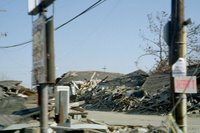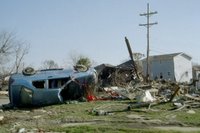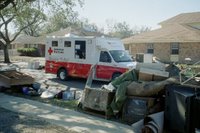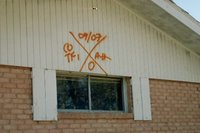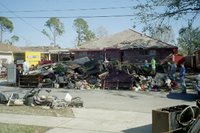Having spent a lot of time traveling over the past three weeks, I was able to get through several books. These included
Wendell Berry's Hannah Coulter, Steven King's
On Writing,
Nicholas Sparks,
The Notebook and
Donald Miller's,
Through Painted Deserts: Light, God and Beauty on the Open Road, as well as the book highlighted below. Quite a variety of genre, eh? I will attempt to highlight with a brief report on each. If you read any of these books, I’d love to hear your insight. I’d also like to know of others you’d like to suggest for me to read (warning, there are always 20 or more books on my reading list).
Thomas L. Friedman, The World is Flat: A Brief History of the Twenty-First Century (New York: Farrar, Straus and Giroux, 2005).
I had seen this book quoted and referred to many times prior to having been given a copy. So when given a copy, I quickly dug in. Friedman is a Pulitzer Prize winning newspaper columnist. He’s published three other books, two of which like this one deal with economic changes to the global economy. He is a free-market capitalist, but not without compassion and a concern for global issues such as the environment. Friedman’s thesis is that a number of changes in the past 15 years have brought the world closer together (hence making it flat). These changes began with the fall of the Berlin Wall and include such things as rapid advancements with technological including the internet and search engines which has allowed changes in production and engineering and consumerism. In explaining his thesis, he takes us around the world to places, like Bangalore, India, where he can demonstrate these changes first-hand. (I wish I had his travel budget).
My biggest critique in Friedman’s book is that he has so many "Ah-Ha" moments where he’s discovering how connected the world has become in the last ten year. You’d think he was the only one coming up with these thoughts which occur on his globetrotting experiences. I had to force myself through the first couple hundred pages of the book, dealing with Friedman’s arrogance, to get to the real meat. That said, there is some interesting stuff in the first two hundred pages.
As a free-market promoter, Friedman believes the real benefits of this New World in which political borders are becoming obsolete is that the "pie" will get bigger and everyone will benefit with a larger slice. He does, however, raises important environmental questions of sustainability (I’m not sure he really has a good answer here) as well as political questions including a long discussion of the role of terrorism in the flat world.
Friedman lists a number of dangers to this new global economy—protectionism being one, terrorism, over consumption of non-renewable resources, corruption and disease being others. He criticizes Arab nations for their lack of innovation and suggests that they (along with Venezuela) are "cursed with oil." He links oil resources as a cause of dictators and has an interesting turn the phrase from the American Revolution, "there is no representation without taxes." This rings true, for if leaders don’t have to tax people and can depend on money from sources like oil, then the people will be less critical of the government and there will be fewer checks and balances. However, it is also true that many of these nations have been crippled by their colonial experiences and by the meddling of international oil companies and western governments who are in need of oil.
Friedman is critical of President Bush and the GOP Congress for cuts in science programs. He feels that after 911, the USA has gone from being an exporter of hope in the world to an exporter of fear. He chastises Bush for not calling on American to sacrifice after 911, suggesting that America should have immediately began working toward becoming less energy dependent which would not only help our economy, but would also cut off a source of funds for the terrorist. This last suggestion sounded a lot like a newspaper opinion column I wrote back in 2002.
I also appreciated his warning (as many others have also done) the dangers of misinformation and conspiracy theories rising from the use of the internet. The emotional nature of much of the discussion that is carried out over the internet leads often to irrationality and encourages conspiracy theories (see my previous blog entry).
The New York Times listed The World is Flat as the fourth most blogged about book of 2005. Many, on both the right and left, have been critical of what he says. And the case can be made that the book contains little new information, and some of his conclusions are over-stretched, but I still glad that I read it. For a take of Friedman’s book by Daniel Dezner at the University of Chicago,
click here.
 Politically Incorrect Reporting by Nevada Jack
Politically Incorrect Reporting by Nevada Jack


